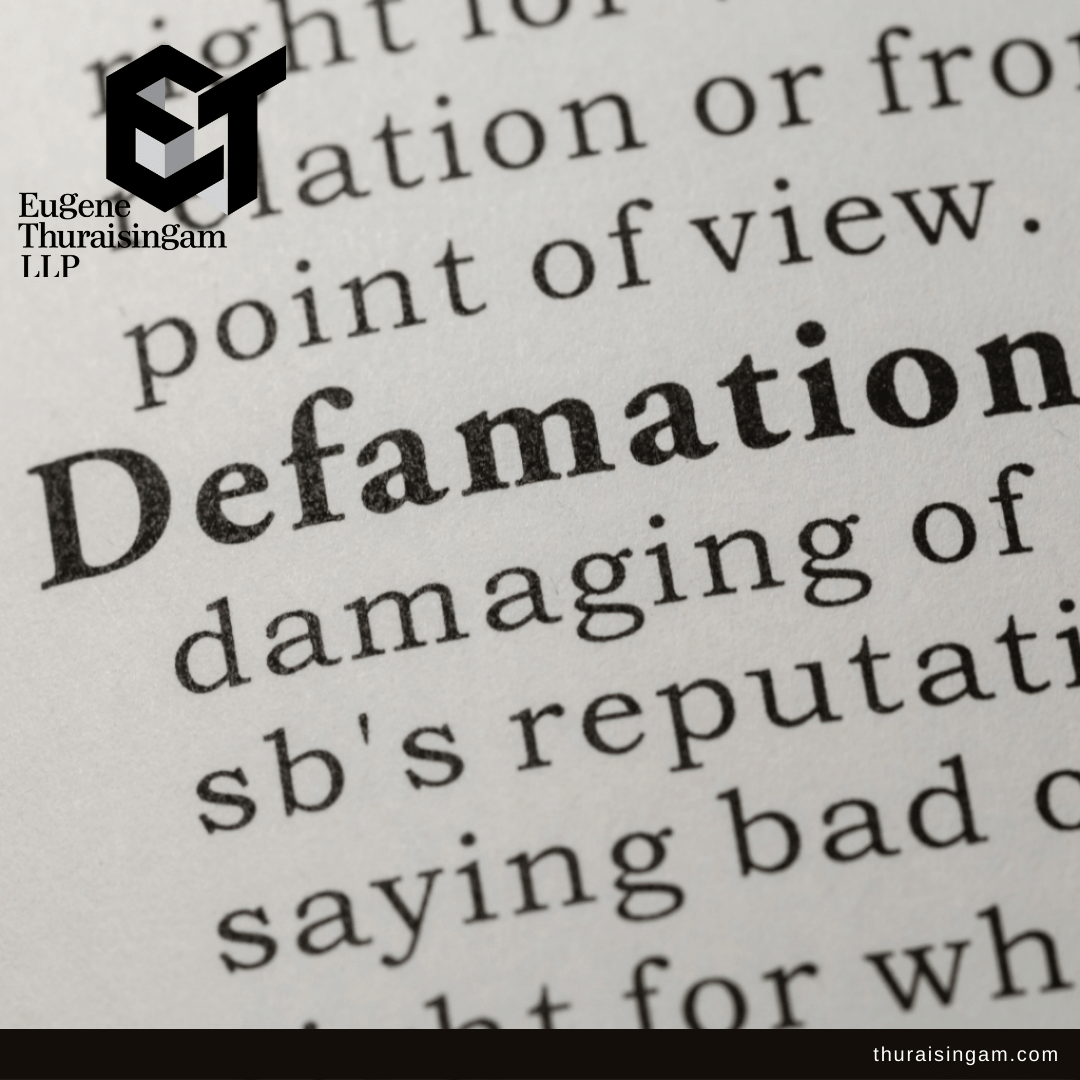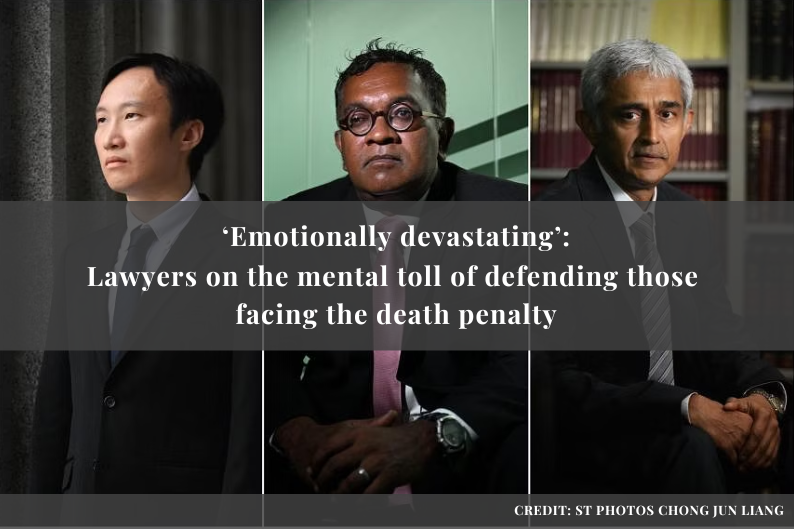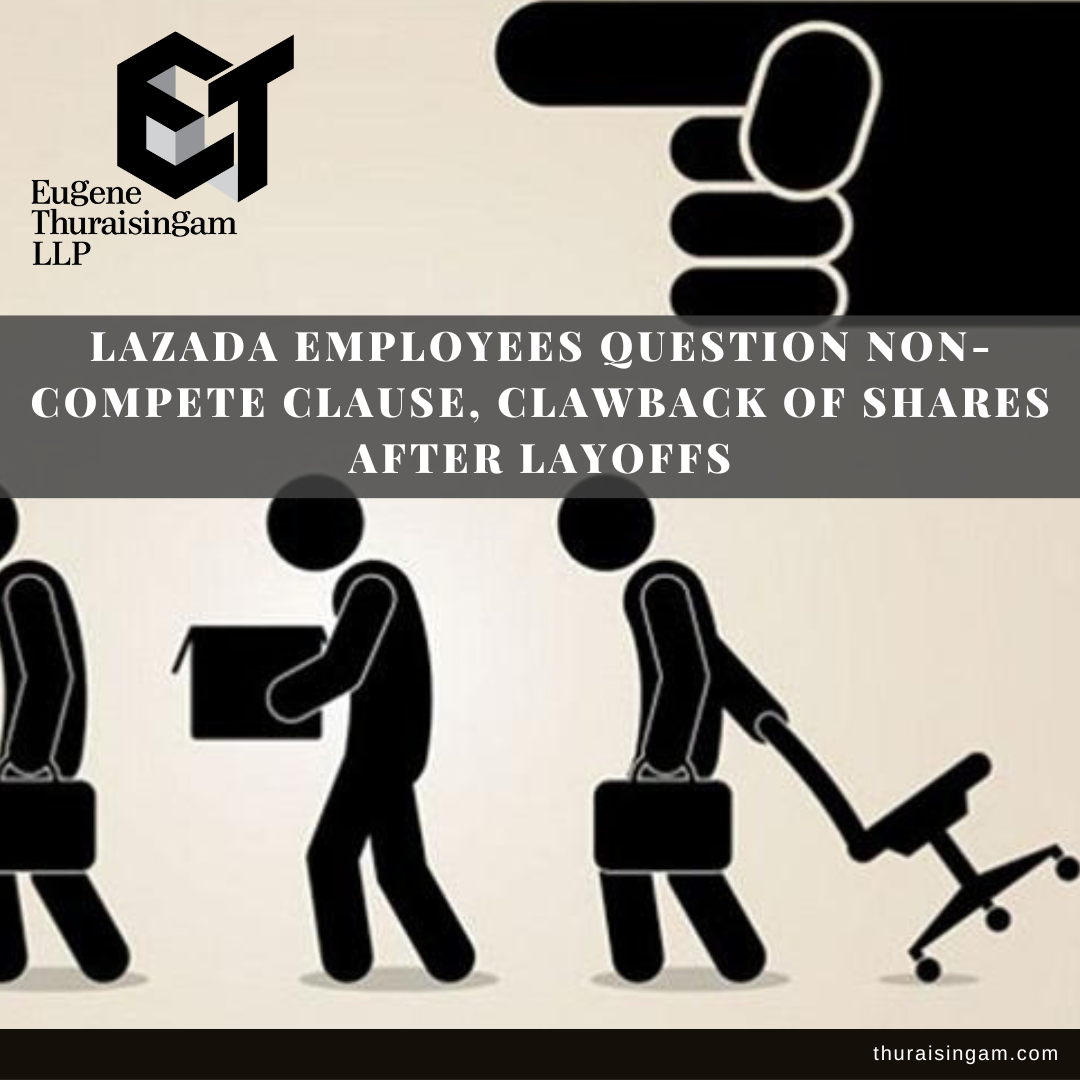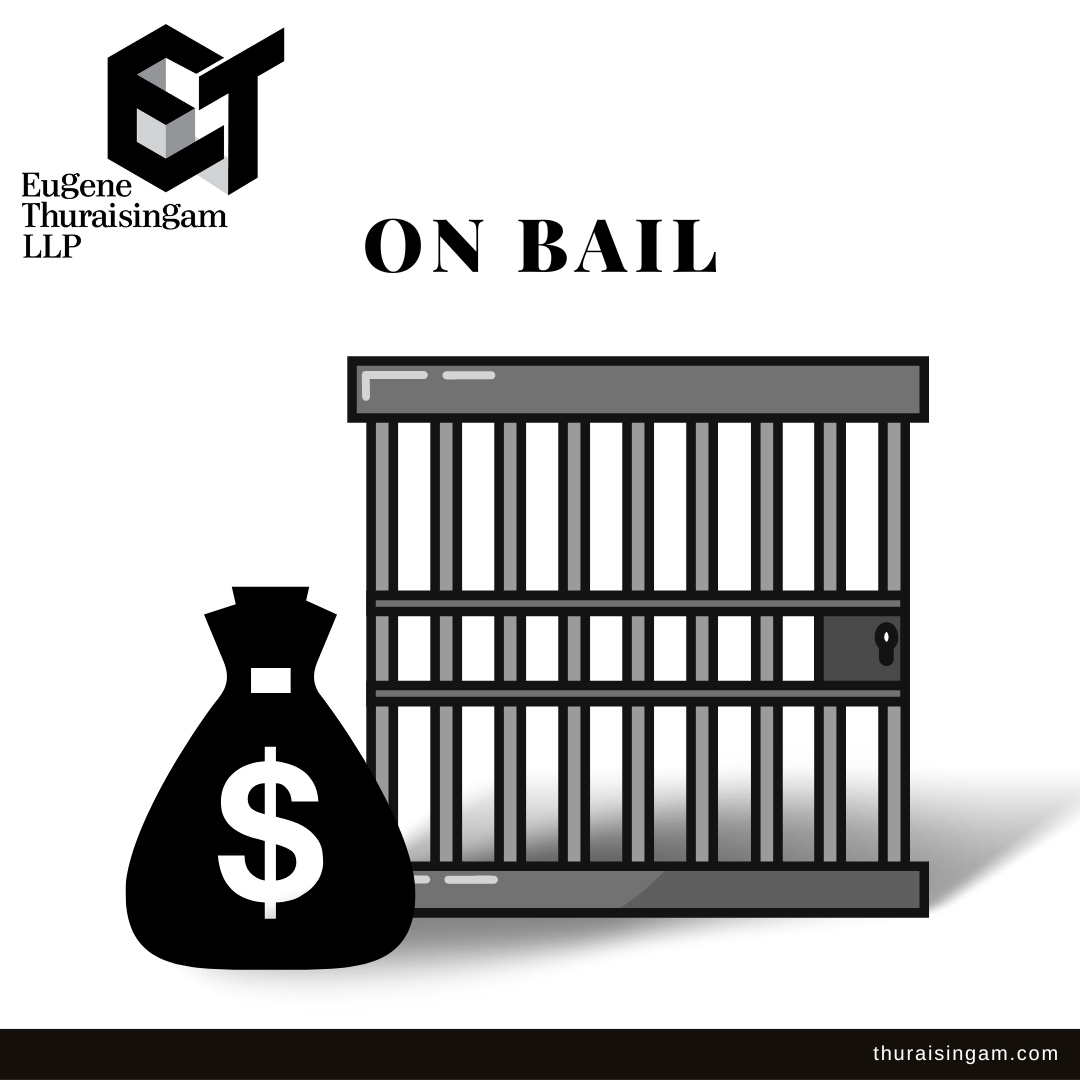Defamation laws in Singapore – Explained
Suang Wijaya shares his legal perspectives with TodayOnline on the meaning of defamation laws in Singapore in the wake of the recent court judgment Lee Hsien Loong versus Leong Sze Hian [2021] SGHC 66
1. What is Defamation?
In Singapore, the act of defamation can give rise to a civil action under the law of torts (two types of defamation under the tort of defamation: libel, or slander).
Suang said,
Defamation occurs when somebody publishes a statement that lowers the standing of the subject in the eyes of third parties. The purpose of defamation law is therefore to protect the subject’s reputation and restore any damages caused to the subject.
Additionally, defamation is also a criminal offence under section 499 of the Penal Code.
2. When can you be sued for defamation action?
A person may be liable for a defamatory act when someone shares an article containing defamatory information online, if the three elements are present: (a) the statement in question must be defamatory; (b) the statement in question must refer to the victim; and (c) the statement in question must be published, or communicated to a third party.
Suang added,
It is very well established that the sharing — or republishing — of someone else’s content is the same as publication under the law of defamation. The same goes for quoting someone else in quotation marks. This would not allow people to dodge defamation action simply by saying that they do not know the accuracy of the content being shared. Imagine if someone says, ‘I heard about this thing, don’t ask me if it is true or not’, but that statement goes on to lower a person’s standing, and (the person) suffers damages.
3. How to avoid running afoul of defamation laws when sharing an article on social media?
Suang imparted a cautionary advice,
People have to be cautious generally about retweeting claims, because all of this can be considered to be re-publication of a defamatory statement.

